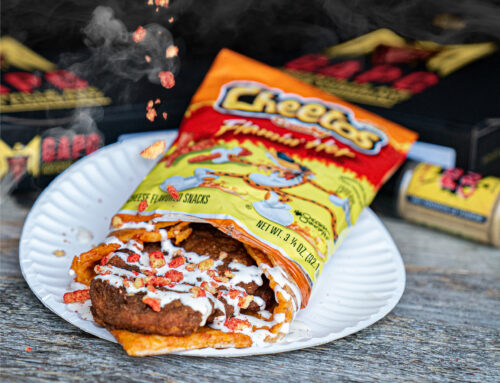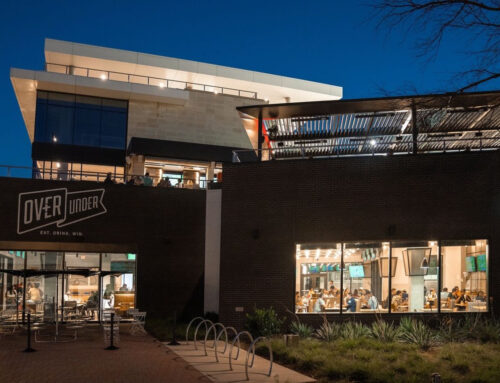Anyone who ever wondered why they couldn’t legally ship wine into Texas doesn’t have to wonder any longer.
Texas — rather unwillingly, but that’s to be expected — has become a direct shipment state.
The catalyst came when the Texas Alcoholic Beverage Commission decided not to appeal a federal court ruling that upheld a lower court decision that said the state’s anti-law shipping law was unconstitutional. (What happens next depends on a variety of factors, but expect to see
Texas once again appearing as a featured player in a Supreme Court decision sometime in the next couple of years.)
Which means anyone can call any winery in the U.S (or visit its Web site) and order away. In the old days, which was before the TABC’s decision at the end of August, it was illegal to ship wine into Texas, and consumers could have gone to jail for doing so.
Now, though, it’s as legit as carrying a concealed weapon. This opens up an entirely new world for wine aficionados, who are no longer limited to the same old chardonnay at the neighborhood liquor store. After all, wine is made in each of the 50 . Consider the following:
• Westport Rivers. You say great wine can’t come out of Massachusetts? Think again. Westport (www.westportrivers.com) makes splendid, if a bit pricey, Chardonnays and sparkling wine.
• The Norton. Almost all of the best wine in the world is made from vinifera, the species that includes chardonnay and cabernet. Norton is a different species, a native American grape that better tolerates cold weather and high humidity. It produces a big, almost jammy Bordeaux-style wine that is difficult to make well, but when done well is a revelation. Among the best Norton producers are Stone Hill in Missouri (www.stonehillwinery.com) and Horton (www.hvwine.com) in Virginia.





